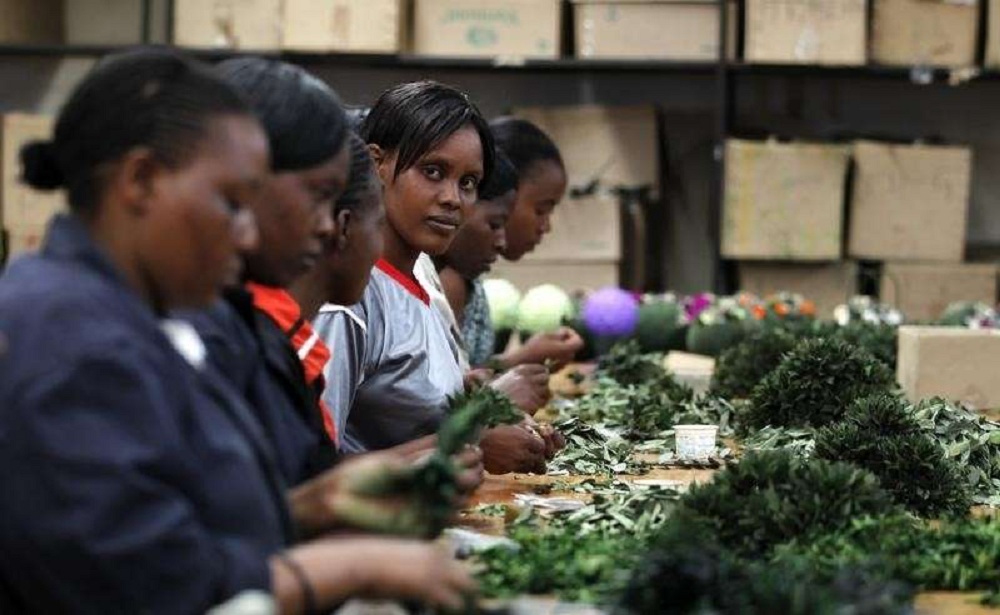Twenty five per cent of Kenyan firms reported slow growth as output plummeted on increased input prices, the Stanbic Bank Purchasing Managers Index (PMI) shows.
The monthly publication shows that Kenyan firms reported reduced growth in purchasing quantities while output charges were broadly unchanged for the first time in over a year.
During the month, employment growth accelerated to a four-month high with companies hiring both permanent and casual workers in February. This led to a third consecutive decline in backlogs, although firms also linked this with the softer rise in new orders.
The headline PMI fell from 53.2 in January to 51.2 in February signalling only a modest improvement in the health of the Kenyan private sector economy. This also marked the lowest reading since November 2017 when conditions last deteriorated.
Commenting on February’s survey findings, Jibran Qureishi, Regional Economist E.A at Stanbic Bank attributed the slow growth to dry weather conditions across the country.
“This is more of a cyclical trend and as the long rains commence towards March and April, activity generally tends to recover boosting domestic demand,”
Read: Huge tasks that await CS Amina at her new docket
“On a positive note, new export orders remained robust in February courtesy of the valentine flower sales to Europe. This subsequently lent support to the Kenyan shilling.” said Mr Qureishi.
According to the bankers, a weaker rise in overall demand instigated slower output growth at Kenyan firms in February. The rate at which activity increased was the least marked in 15 months, with some panellists reducing output due to cash flow problems and unfavourable weather conditions.
See also: Brain cancer fighter Jadudi dead at 26
Selling prices charged by Kenyan private sector firms were broadly unchanged in February, following 14 months of successive increases. Some firms that saw sales decline reported lowering their prices to attract new customers. This was counterbalanced by firms that raised prices due to higher input costs.













1 Comment